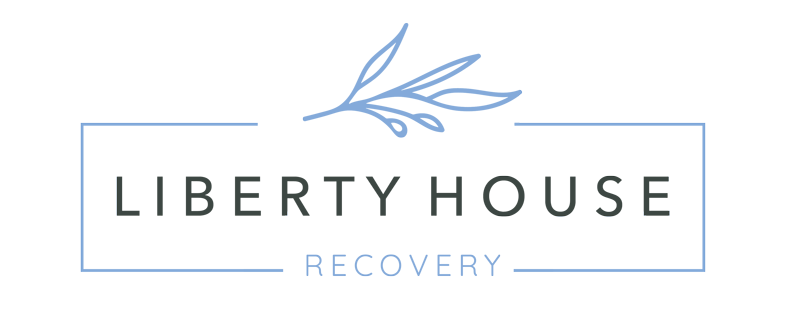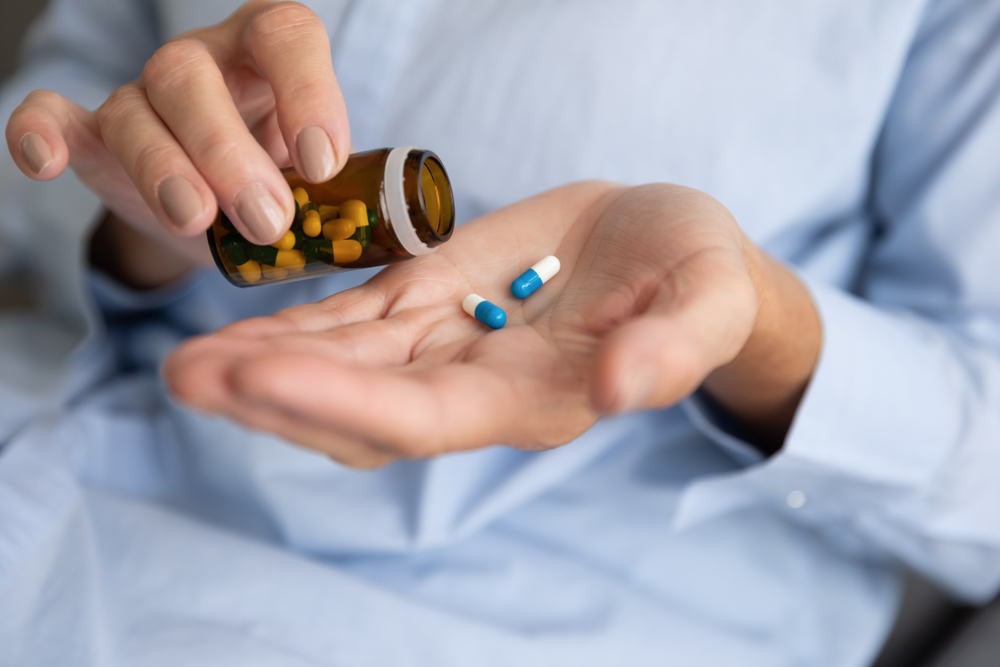It is estimated that nearly 1.5 million Americans have an addiction to opioid painkillers, and of those, nearly 500,000 are addicted to heroin. The goal of medication-assisted treatment for opioid addiction is remission and lasting recovery. Recovery is a lifelong process of change where clients work to:
- Improve health and wellbeing
- Live independent lives
- Reach their potential
Opioid medication-assisted treatment (MAT) uses three FDA-approved medications–methadone, Naltrexone, and buprenorphine–to help support long-term recovery for those struggling with opioid addiction.
Opioid Addiction
Opioid addiction represents a significant national crisis, with many Americans suffering from opioid addiction because of prescription opioid painkillers. This has resulted in an increase in heroin addiction as well as overdose deaths from heroin, prescription opioids, and fentanyl.
Long-term treatment is best achieved with opioid MAT, using medications that help clients get through detox more comfortably and avoid relapse, particularly during their most vulnerable recovery phases.
Studies have confirmed the effectiveness of opioid medication-assisted treatment. For example:
- Methadone, buprenorphine, and the extended-release injectable Naltrexone were all demonstrated to be more effective in reducing opioid use and relapse compared to no medication at all.
- Similarly, buprenorphine and methadone can significantly reduce the risk of overdose death.
When you work with a qualified facility, they will help determine which of the three medications are best suited for your circumstances and whether you should take more than one at various stages in your recovery.
| Methadone | Naltrexone | Buprenorphine |
| Agonist | Antagonist | Partial agonist |
| Used during medically supervised detox | Used to prevent relapse after medically supervised detox | Used during medically supervised detox |
| Taken orally | Taken orally or via timed release injections | Can be a sub-dermal implant, timed release injection, or other options |
Methadone
Methadone helps clients in treatment during medically supervised detox. Several clinical trials and meta-analyses have confirmed the effectiveness of methadone. It is the oldest evidence-based treatment for opioid addiction, with several longitudinal studies to support effectiveness in reducing the risk of overdose, reducing criminal behavior, and boosting successful detox.
Naltrexone
Naltrexone significantly reduces opioid use and keeps clients in treatment more effectively compared to no medication. It can significantly reduce relapse rates and postpone the length of time between treatment and relapse in those who do relapse.
Buprenorphine
Buprenorphine is most effective in clients who are already stable. Options like implants that release low doses regularly can offer long-term medication management.
Benefits of MAT
Clients who use opioid medication-assisted treatment can benefit from a patient-centered approach to their recovery such that they are involved in some of the decisions made about the treatment they receive.
There is no one-size-fits-all approach, which means it’s important to work with a qualified facility whose staff can offer assessments and verify which of the three medications are best for your medication-assisted treatment for opioid addiction. Moreover, a qualified facility can help determine the right length of time for your care and which evidence-based practices are more likely to boost your successful completion of a program and long-term outcome.
Many clients benefit from different levels of care depending on where they are in their lives. Residential treatment is the highest level of care and offers the best supervision and access to resources. With residential programs, clients can receive counseling and therapeutic, holistic services while also preparing for life after treatment with aftercare planning and alumni programs.
Recovery Obligations with Opioid MAT
Medication-assisted treatment for opioid addiction not only provides necessary medications to support long-term recovery but requires clients to complete continuing care through therapy. For this reason, those in need must go to qualified facilities to not only receive medication during detox but complete necessary therapy sessions during the rest of their program.
Where to Find Opioid MAT
Opioid medication-assisted treatment is highly regulated. This is not a process you can do at home. The FDA approves licensed facilities to offer one or more of the medications used during recovery.
At Liberty House Recovery Center, clients can receive detox services at our Michigan detox center. These detox services can include opioid MAT and, as part of the requirement in using those medications, clients continue with ongoing addiction therapies and recovery services. Our luxury drug and alcohol rehab in Michigan offers residential treatment services.
Addiction is a chronic condition, but it is treatable. With medication-assisted treatment for opioid addiction, clients are more likely to get through their initial detox and residential treatment program at Liberty House Recovery Center and successfully receive continuing care for acute symptoms.
Call Liberty House today to learn more about opioid MAT.




